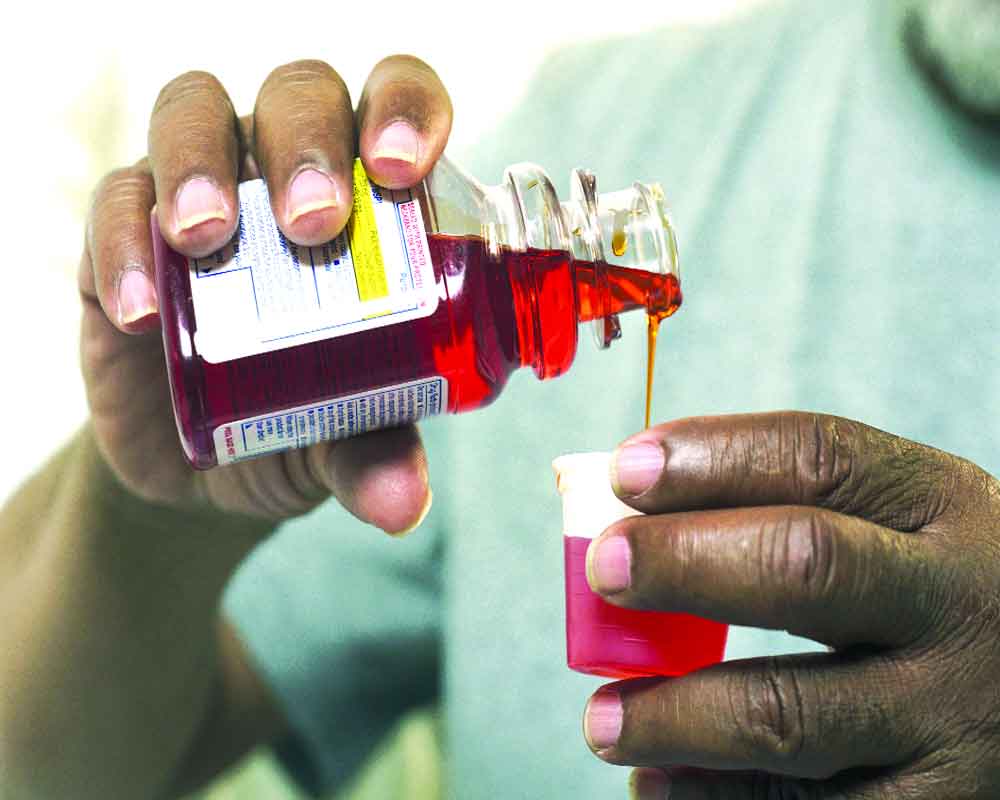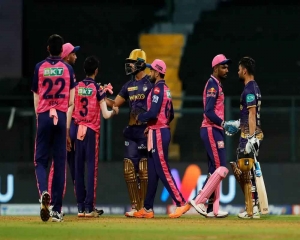Quality in the pharmaceutical sector should be enforced without resorting to inspector raj
After the World Health Organization (WHO) warned that it suspected four cough syrups could be linked to the deaths of 66 children in Gambia, the Delhi-based manufacturer, Maiden Pharmaceuticals, is in the news. The syrups, the WHO said, have been “potentially linked with acute kidney injuries and 66 deaths among children.” The global body also suspects that the syrups were contaminated with diethylene glycol or ethylene glycol, both of which are toxic substances. The Central Drugs Standard Control Organisation (CDSCO) has sent the samples of the four syrups—Promethazine Oral Solution BP, Kofexnalin Baby Cough Syrup, MaKoff Baby Cough Syrup and MaGrip n Cold Syrup—for testing to the Regional Drug Testing Lab, Chandigarh, and the Central Drugs Laboratory, Kolkata, for examination. The CDSCO has also launched a probe into the matter. Meanwhile, the Union Health Ministry has announced that none of these four drugs are being sold in India currently. In fact, the Ministry pointed out that Maiden Pharmaceuticals doesn’t have the permission to sell these syrups in India. Naresh Kumar Goyal, one of the directors at Maiden, told a news agency that the company came to know about the deaths only on Thursday morning.
One hopes that the investigation ordered by the Government will expose the culprits if the wrongdoing was done in India at any level. The past record of Maiden Pharmaceuticals, however, is not spotless. Many state governments have reportedly questioned its quality control standards in the past. Bihar, for instance, blacklisted it in 2011 for supplying substandard drugs. Maiden Pharmaceuticals was penalised in Kerala in 2017. In Sonipat too, the company faced prosecution for quality violations. In 2014, Vietnam blacklisted Maiden, along with 38 other companies for violating quality control and drug regulations. Yet, Maiden’s website says, even after the tragedy in Gambia, that it “is a WHO-GMP & ISO 9001-2015 certified pharmaceutical company.” The CDSCO is carrying out the investigation into the deliveries Maiden made to Gambia, but the organisation (CDSCO) also has to do some explaining. Why did it take the death of scores of children to launch an investigation into a company whose history is littered with a string of violations? Why wasn’t it done earlier? How did it get the certifications that it claims it has? If the claim is false, how is the company allowed to make such a claim? Besides, what were the other authorities doing? As per a CDSCO estimate in 2018, around 4.5 per cent of all generic drugs in the Indian market were substandard. A year later, the US Trade Representative office on intellectual property rights protection in 2019 said that up to 20 per cent drugs in India were counterfeit. With the Gambia tragedy, Indian drugs may be viewed with suspicion, which will have an adverse effect on the domestic pharma industry. It is time the authorities in our country enforced quality in the pharma sector without augmenting the incidence of inspector raj.


























